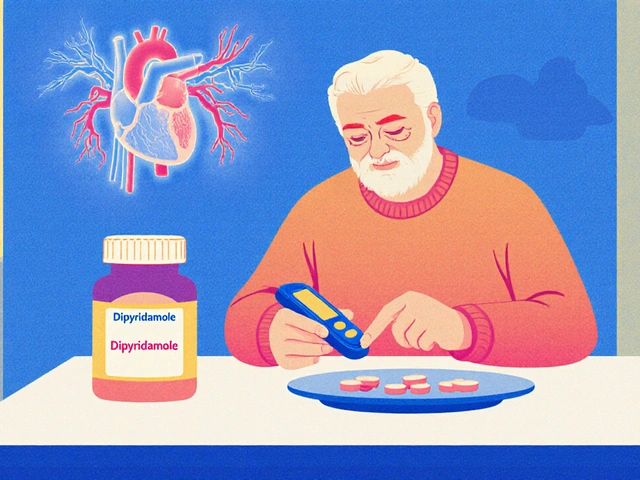Herbal Remedy: Safe Use, Evidence, and How to Choose
Herbal remedies can help with sleep, digestion, pain, mood and more. But "natural" doesn't always mean safe. This page gives clear, practical steps to pick effective herbs, avoid harm, and get better results without guessing.
Start by asking what you want the herb to do. Does research support that use? For example, rhodiola rosea has evidence for mild fatigue and stress; turmeric (curcumin) may reduce inflammation; ginger helps nausea. Other herbs like St. John's wort can treat mild depression but cause big drug interactions. Match the herb to a proven benefit, not a rumor.
Check quality and dosing
Look for standardized extracts and clear dosing. Labels should say the active compound and amount - for example "curcumin 95% extract" or "rhodiola root extract, 3% rosavins." Avoid vague labels like "proprietary blend" because you can't tell how much active ingredient you get. Buy from reputable brands, read third-party test results when available, and keep receipts in case of recall.
Forms matter. Teas, tinctures, capsules and topical creams give different strengths. A tea may help mild symptoms but won’t deliver the concentrated dose used in studies. If you need a specific effect, choose the same form used in clinical trials.
Safety tips and common interactions
Tell your doctor and pharmacist you're using herbs. Herbs can interact with prescriptions. St. John's wort speeds up liver enzymes and can make birth control, antidepressants and blood thinners less effective. Ginkgo can increase bleeding risk when combined with anticoagulants. Valerian may add to sleep medication effects. If you have liver disease, are pregnant, breastfeeding or under 18, avoid most herbs unless a clinician approves.
Watch for side effects and stop if you get a new rash, stomach pain, jaundice, dizziness, or mood changes. Start low and try one herb at a time for at least two weeks to judge effects. Keep a short log: dose, time, changes you notice. This helps your clinician and keeps you safer.
Where to buy: use established pharmacies, health stores with transparent sourcing, or vendors that publish lab tests. Avoid unknown sellers offering "miracle cures" or huge discounts. If something sounds too good to be true, it probably is.
Want more detail? Our article "Natural Mood-Boosting Supplements" reviews rhodiola and others. If you're tracking thyroid or metabolic issues, see "Acetyl-L-Carnitine and Thyroid Health" for interactions and tips. Use those reads to connect herb choices with real data.
Common starting doses: rhodiola 200-400 mg per day (standardized to rosavins), turmeric 500-1000 mg curcumin with black pepper, ginger 250-1000 mg for nausea, valerian 300-600 mg for sleep. These are typical study ranges, not medical orders. Always check product labels and ask a clinician if you take other medicines. Keep this note in your records daily.
Final checklist: pick an herb with evidence for your symptom, choose standardized extract and a reliable seller, tell your healthcare team, start low and monitor, and stop if problems appear. That simple routine keeps herbal remedies useful - and safe.

- Jan 23, 2025
- Posted by Cillian Osterfield
Revitalize Your Health with Red-Spur Valerian: A Natural Supplement Guide
Red-Spur Valerian is an impressive natural supplement with numerous health benefits. This article delves into its origins, key components, and how it can be integrated into one's daily routine. Readers will learn intriguing facts about its efficacy, alongside practical tips for usage. Whether you're seeking a natural remedy for sleep support or stress relief, this piece provides valuable insights into its holistic advantages.
Categories
- Health and Wellness (72)
- Medications (69)
- Health and Medicine (28)
- Pharmacy Services (12)
- Mental Health (9)
- Health and Career (2)
- Medical Research (2)
- Business and Finance (2)
- Health Information (2)
Latest Posts
©2026 heydoctor.su. All rights reserved





